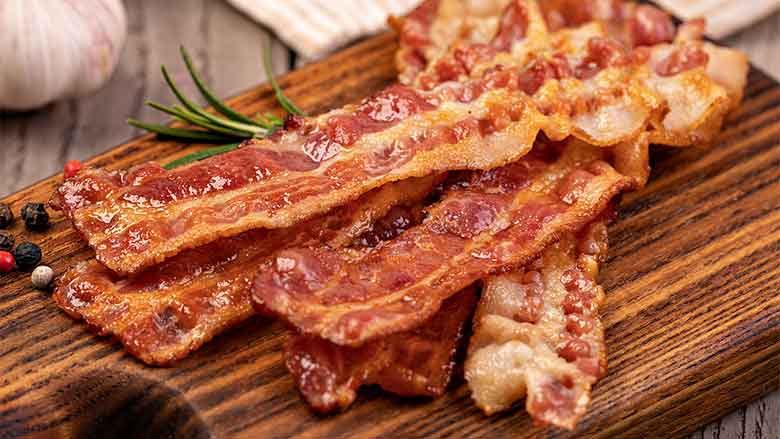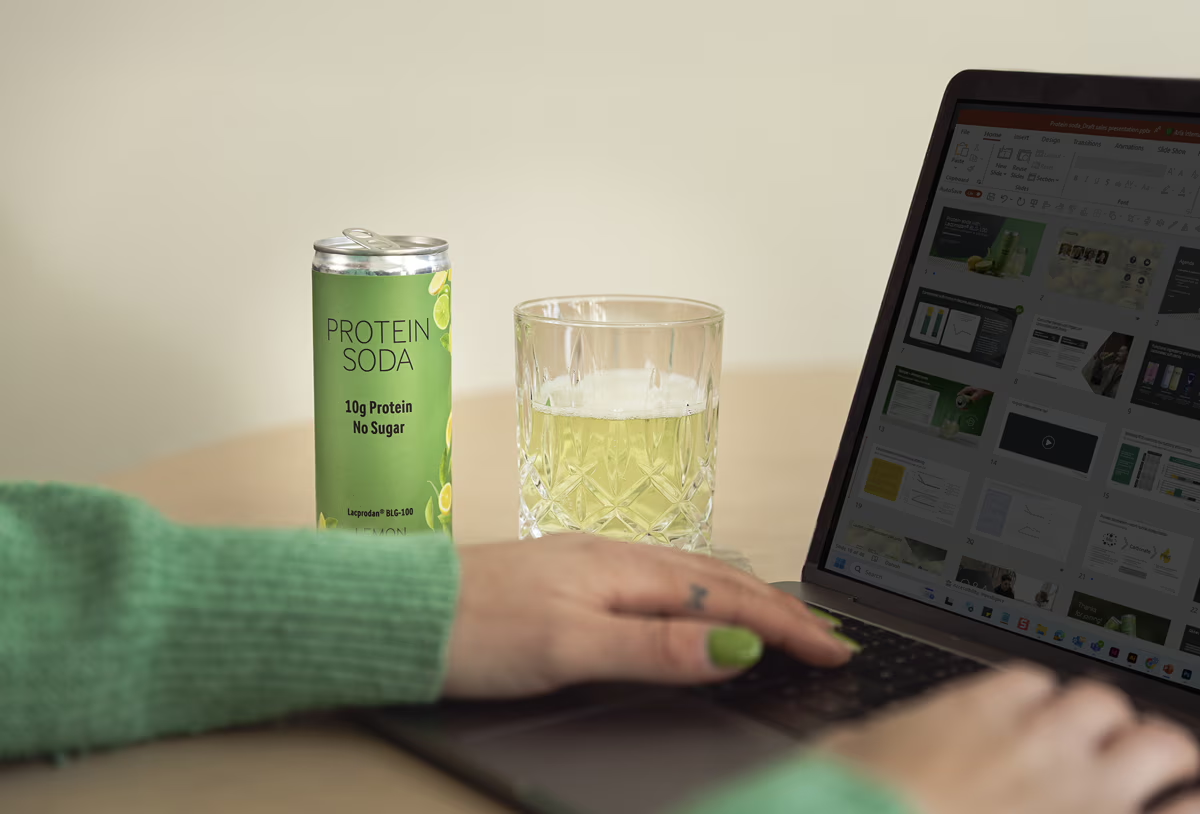Kemin Industries, a global ingredient manufacturer that strives to sustainably transform the quality of life every day for 80 percent of the world with its products and services, announced the issuance of a new patent granted by the United States Patent and Trademark Office (USPTO) for a brine containing proteins that is free of salt and phosphates This is marketed under Kemin’s Proteus® line of products. The USPTO issued U.S Patent No. 12,245,618 B2, entitled “Brine Without Phosphates and Either No Salt or Low Salt” on March 11, 2025.
“We are thrilled that Kemin’s proprietary yield technology, incorporated into its Proteus product offerings, has been recognized by the USPTO,” said Bill Fielding, Business Director, Kemin Food Technologies – North America. “At Kemin, we are ‘compelled by curiosity’ to solve the most pressing food industry challenges—including how manufacturers can deliver clean label ingredient solutions to demanding consumers without sacrificing yield or functionality. Proteus products are a great example of how Kemin’s scientific expertise and understanding of market needs come together for a comprehensive solution with real benefits.”
Brines and marinades are commonly injected or otherwise introduced into food products, including beef, pork, poultry, fish, and plant-based protein products, to retain the moisture level and enhance the flavor of the food product after completion of cooking or other food preparation. Such brines and marinades often require salt and phosphates in order for the brine to be retained within the food product.
Proteus clean label functional proteins expand the protein structure of muscle meat to expose natural water or protein binding sights previously inaccessible. This allows meat and poultry products to retain more moisture without using salt and chemical additives, such as phosphates, which consumers avoid in their food purchases. Proteus products help boost manufacturers’ bottom line with increased yields and extended hold times while delivering a product with improved bite, natural texture, and desirable label claims to attract consumers.
“The patent recognizes the truly impressive results Proteus products can deliver with this unique technology,” continued Fielding. “Testing shows nearly 25% improved yield to green, 5% or greater increase in throughput, and reduced raw material costs by $0.05 – $0.10 per pound. Combine this with superior taste and texture with an appealing label, and it’s a great option for manufacturers looking for a competitive edge in an economically challenging market.”












